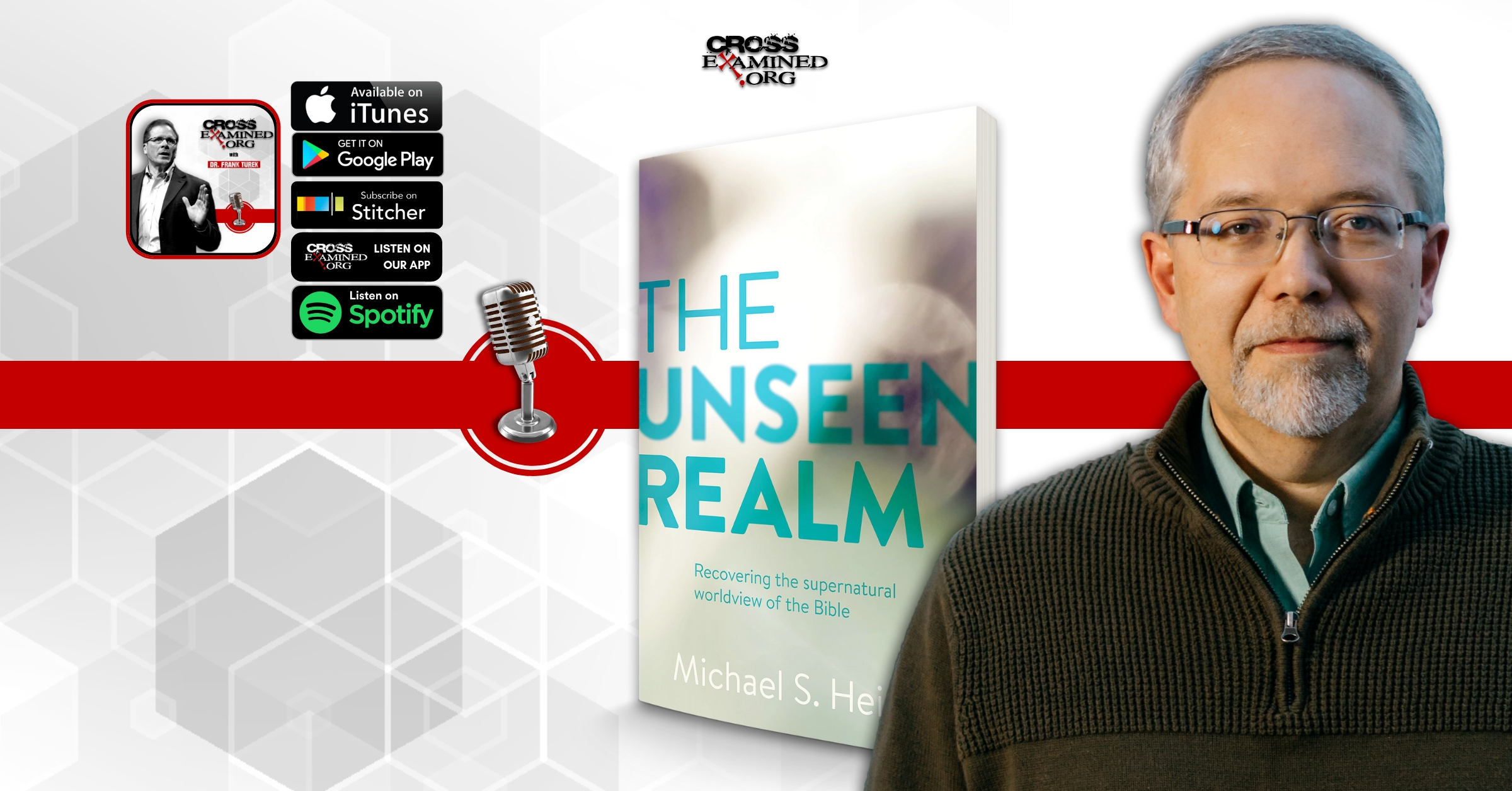How Jeremiah 29:11 is Far Better When You Properly Interpret It
Certain verses in the Bible have become so popularized that they are often removed from their context. In so doing, the biblical passage loses the impact that it holds. Worse yet, the text may be given a message that it never intended to carry. Jeremiah 29:11 is one such example.
The verse is a promise of God which states, “For I know the plans I have for you’—this is the Lord’s declaration—‘plans for your well-being, not for disaster, to give you a future and a hope’” (Jer. 29:11, CSB). The verse has been often misapplied as it has become a staple for graduation Hallmark cards, plaques, and knick-knacks. For some, the verse holds a promise that God will never allow the person to suffer bad experiences or trouble. The graduate who receives such things may think that God will only bring good things to his or her life. But is that really what the passage says? Proper biblical interpretation unveils three theological truths that exceed the kitschy cliché that the verse has become.
- Jeremiah 29:11 Indicates that God Can Be Found in Difficult Days. It is critically important to note that Jeremiah 29:11 is part of Jeremiah’s letter to the Israelites who would become Babylonian exiles. This is key to understanding the context of the verse. If the interpreter misses this point, he or she will not comprehend the nature of the verse. Quite frankly, I do not know that anyone would want this to be their graduation theme because God is telling the nation that they are about to experience difficult days ahead.
Living in an era of self-entitlement and luxury, it is easy to think that God will only bring good things to our lives. We almost view God as if he is a self-improvement coach rather than a Heavenly Father. Perhaps some would even like God better if God were the former rather than the latter. Nevertheless, God never promises that a believer’s walk will be easy. Rather, God promises us that God’s presence will never leave us in good times or bad. If you continue reading the text, God tells those who are about to suffer the exile, “You will call me and come and pray to me, and I will listen to you. You will seek me and find me when you search for me with all your heart” (Jer. 29:12–13, CSB). God’s presence is always with his children (Matt. 28:20).
- Jeremiah 29:11 Indicates that God is Sovereign Over the Good Times and Bad. Jeremiah 29:11 is comparable to Romans 8:28 in the fact that the prophet holds that God is sovereign over all times and occasions. Why does God allow evil to occur? This issue, otherwise called theodicy, is beyond the scope of this present article. However, it must be understood that God may allow bad things to occur to bring about a greater end.
I spoke with a church member today about the book of Job and the primary theological theme of the book. God tells Job that he must trust him because he set everything in motion since the beginning of creation. Life and the operation of the universe are far more complex than anyone could imagine. In a similar fashion, God is telling the soon-to-be Babylonian exiles the same, saying, “Trust me.” The author of Hebrews notes that one should not “take the Lord’s discipline lightly or lose heart when you are reproved by him, the Lord disciplines the one he loves and punishes every son he receives. Endure suffering as discipline: God is dealing with you as sons” (Heb. 12:5–7, CSB). When divine discipline comes, it is never to harm us. But rather, God’s discipline is always to make us better. Psalm 94 notes that a person is blessed when they receive the Lord’s discipline because they are being taught how to keep the law (Ps. 94:12, ESV). God even tells Jacob, “Fear not … for I am with you. I will make a full end of all the nations to which I have driven you, but of you, I will not make a full end. I will discipline you in just measure, and I will by no means leave you unpunished” (Ps. 118:18, ESV). The people of Jeremiah’s day had not been faithful which led to God’s disciplinary actions. However, God notes that God is still sovereign in the bad times as he is in the good times. He is telling the people, “Trust me.”
- Jeremiah 29:11 Indicates that God Will Bless His Faithful Children in the End. Here again, Jeremiah 29:11 can be likened to Romans 8:28 which states, “We know that all things work together for the good of those who love God, who are called according to his purpose” (Rom. 8:28, CSB). In like manner, God tells those who would be exiled, “I will restore your fortunes and gather you from all the nations and places where I banished you … I will restore you to the place from which I deported you” (Jer. 29:14, CSB). While the people would face severe difficulty in their days ahead, they could live with the assurance that God would restore the fortunes of their people and their land. Similarly, we are part of the community of God’s people. We do not always get things right. Quite honestly, we probably mess up more than do right. Nonetheless, God has a better day coming for his children—a day where there will be no more tears, no more pain, no more heartache, no more divisions, and no more death (Rev. 21:3–4). Most importantly, that day will be a time where there will be no more separation from God (Rev. 22:4–5). Our faith will be sight (2 Cor. 5:7).
Jeremiah 29:11 is a wonderful verse. But the depth of its theological mines cannot be dug unless one takes the time to understand the verse in its proper context. While it may not be that this verse will be as desirable to place on graduation cards as it once was, the verse becomes more intense and stronger especially when troubles come. God’s ultimate plan for our lives is to bring great blessings. But those blessings may often become shrouded in the heartaches of life. By placing us in the pressures of life, God makes us into diamonds.
Recommended resources related to the topic:
How to Interpret Your Bible by Dr. Frank Turek DVD Complete Series, INSTRUCTOR Study Guide, and STUDENT Study Guide
How NOT to Interpret the Bible: A Lesson from the Cults by Thomas Howe mp3
Can We Understand the Bible? by Thomas Howe Mp3 and CD
How Philosophy Can Help Your Theology by Richard Howe (MP3 Set), (mp4 Download Set), and (DVD Set)
Brian G. Chilton is the founder of BellatorChristi.com, the host of The Bellator Christi Podcast, and the author of the Layman’s Manual on Christian Apologetics. He received his Master of Divinity in Theology from Liberty University (with high distinction); his Bachelor of Science in Religious Studies and Philosophy from Gardner-Webb University (with honors); and received certification in Christian Apologetics from Biola University. Brian is enrolled in the Ph.D. program in Theology and Apologetics at Liberty University and is a member of the Evangelical Theological Society and the Evangelical Philosophical Society. Brian has been in the ministry for nearly 20 years and serves as the Senior Pastor of Westfield Baptist Church in northwestern North Carolina.
Original Blog Source: http://bit.ly/37NKleq












Leave a Reply
Want to join the discussion?Feel free to contribute!